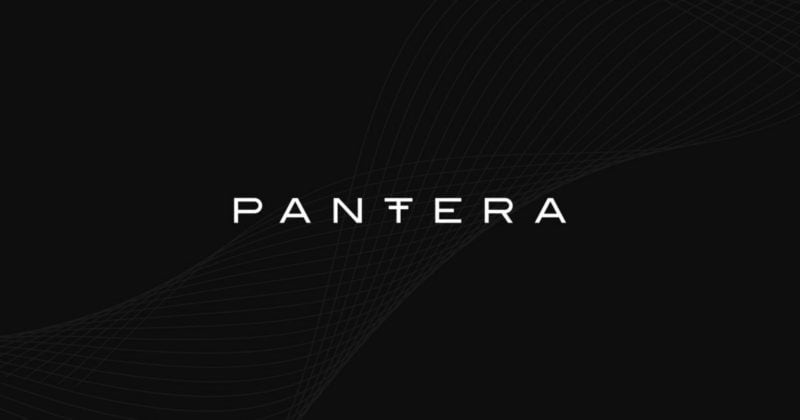ARTICLE AD
The Claude 3 models exhibit enhanced capabilities in various areas, including analysis and forecasting, nuanced content creation, code generation, and conversational abilities.
Anthropic, an artificial intelligence (AI) company supported by tech giants such as Amazon and Google, has unveiled its latest cloud chatbot – Claude 3.
According to an official announcement, the new generative AI model is presented as a family, featuring three state-of-the-art models: Haiku, Sonnet, and Opus, each offering increasing levels of capability. These tools are designed to establish new industry standards across a broad spectrum of cognitive tasks.
Anthropic’s New AI Models Outperform ChatGPT and Gemini
Anthropic revealed that each subsequent model in the Claude 3 series offers greater performance, enabling users to choose the best balance of intelligence, speed, and cost for their specific needs.
The Claude 3 models exhibit enhanced capabilities in various areas, including analysis and forecasting, nuanced content creation, code generation, and conversational abilities in languages, such as Spanish, Japanese, and French.
The company also said that the latest Claude 3 models are revolutionizing the landscape of real-time AI applications, particularly in live customer chats, auto-completions, and data extraction tasks that demand immediate, in-the-moment responses.
Anthropic highlighted Opus as the most powerful AI tool in the lineup, claiming it surpasses OpenAI’s GPT-4 and Google’s Gemini Ultra on several standard evaluation benchmarks for AI systems. These benchmarks include undergraduate-level expert knowledge (MMLU), graduate-level expert reasoning (GPQA), and basic mathematics (GSM8K).
The firm also claimed that Opus demonstrates near-human levels of comprehension and fluency in complex tasks, positioning it at the forefront of general intelligence development.
Opus and Sonnet Available in 159 Countries
While Opus is built for speed and enhanced intelligence levels to power real-time applications, Haiku stands out as the fastest and most cost-effective model among the trio.
The chatbot can process complex research papers from arXiv, including charts and graphs, in less than three seconds. Anthropic is confident that Haiku’s performance will only improve with time. The tool is currently not available for use.
As for Sonnet, the AI model has been crafted to provide 2x speed improvement over its predecessors, Claude 2 and Claude 2.1, while simultaneously boasting higher levels of intelligence.
This unique combination of speed and intelligence makes the chatbot the ideal choice for tasks that demand rapid responses, such as knowledge retrieval and sales automation. Whether you need to quickly find information or automate your sales processes, Sonnet has you covered with its superior performance and efficiency.
Anthropic said Opus and Sonnet are accessible and effective for users across diverse geographic regions, including Africa, Europe, Asia, America, and the Middle East.
These newly launched AI models are available in 159 countries worldwide. Sonnet is also available for immediate use through Amazon Bedrock and is currently in private preview on Google Cloud’s Vertex AI Model Garden. Additionally, both Opus and Haiku will soon be available on both platforms, expanding the accessibility and reach of Anthropic’s cutting-edge AI models.
Upcoming Features for Enterprise Use Cases
The company is planning to expand the capabilities of the Claude 3 family.
The planned upgrade will introduce new features specifically targeting enterprise use cases and large-scale deployments. These upgrades will include Tool Use (function calling), interactive coding (REPL), and more advanced agentic capabilities.
Anthropic affirmed its commitment to enhancing the safety measures designed to mitigate potential risks or harm stemming from advancements in AI.
“As we push the boundaries of AI capabilities, we’re equally committed to ensuring that our safety guardrails keep pace with these leaps in performance. Our hypothesis is that being at the frontier of AI development is the most effective way to steer its trajectory towards positive societal outcomes,” the company said.

 8 months ago
49
8 months ago
49 

